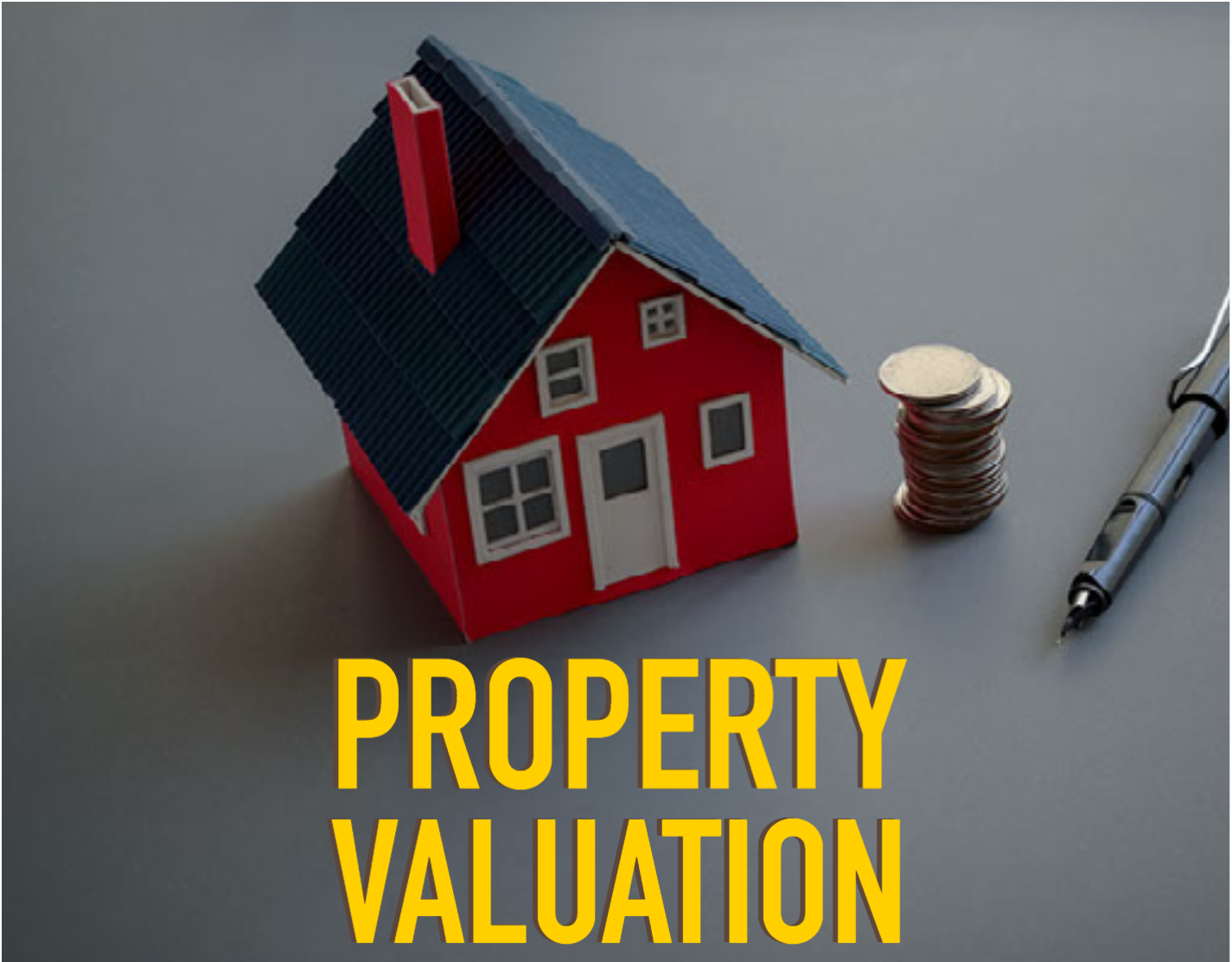Understanding the Factors that Shape Your Property’s Worth
When it comes to real estate, understanding how your property is valued is crucial, as it directly influences various aspects of homeownership, from property taxes to potential sales or refinancing opportunities. The valuation of a property is a nuanced process, influenced by a multitude of factors that collectively determine its worth in the market. Let’s delve into the key aspects that shape the valuation of your property.
- Location, Location, Location:The adage holds true when it comes to property valuation. The location of your property plays a pivotal role in determining its value. Proximity to amenities, quality of schools, neighborhood safety, and overall accessibility all contribute to the desirability of the location, influencing the property’s market value.
- Comparable Sales (Comps):One of the most significant factors in property valuation is the sale prices of comparable properties in your area. Real estate appraisers and agents often look at recent sales of similar properties to establish a baseline for your property’s value. These comparable sales help gauge market trends and demand in your specific neighborhood.
- Property Size and Features:The physical attributes of your property, including its size, layout, and unique features, contribute to its valuation. The number of bedrooms and bathrooms, the size of the lot, and any upgrades or renovations all impact the property’s overall value. A well-maintained and aesthetically pleasing property generally commands a higher market value.
- Condition and Maintenance:The current condition of your property significantly influences its value. Regular maintenance, repairs, and upgrades contribute positively to the property’s worth. Conversely, neglecting maintenance can lead to a decrease in value over time. Appraisers and potential buyers assess the overall condition of the property to determine its market value.
- Market Conditions:The state of the real estate market at a given time is a critical factor in property valuation. In a seller’s market with high demand and limited inventory, property values tend to rise. Conversely, in a buyer’s market with increased supply and lower demand, property values may stabilize or experience a modest decline.
- Economic Factors:Broader economic conditions, including interest rates, employment rates, and inflation, can impact property values. Favorable economic conditions often contribute to increased property values, while economic downturns may exert downward pressure on prices.
- Historical Value and Appreciation:The historical value and appreciation of your property over time also influence its current market value. Properties in areas with a history of steady appreciation tend to be perceived as more valuable, while those with a history of depreciation may face challenges in terms of valuation.
In conclusion, property valuation is a complex process that considers a myriad of factors, both internal and external to the property itself. By understanding the key influencers, homeowners can make informed decisions about their property, whether it involves selling, refinancing, or simply gaining a deeper appreciation of their home’s market value. Working with real estate professionals and staying informed about local market trends enhances the accuracy of property valuation assessments.
